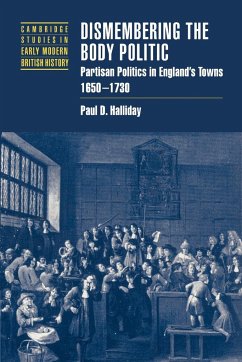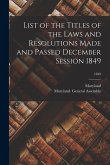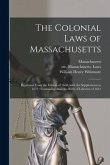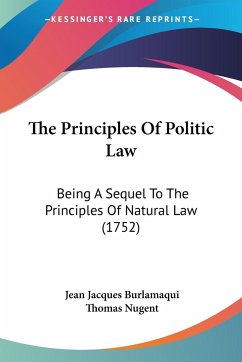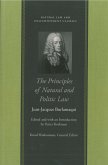An account of the emergence of local partisan politics in the century after the English Civil War.
This is a major survey of how towns were governed in late Stuart and early Hanoverian England. A new kind of politics emerged out of England's Civil War: partisan politics. This happened first in the corporations governing the towns, and not at Parliament as is usually argued. Based on an examination of the records of scores of corporations, this book explains how war unleashed a cycle of purge and counter-purge which continued for decades. It also explains how a society that feared a system of politics based on division found the means to absorb it peacefully. As conflict sharpened in communities everywhere, local competitors turned to the court of King's Bench to resolve their differences. In doing so, they prompted the court to develop a new body of law that protected local governments from the divisive impulses within them.
Table of content:
Preface; List of abbreviations; Part I. Corporate Ideal and Partisan Reality: 1. The paradox of partisan politics; 2. 'The best of politics'; 3. From purge to purge: Civil War, Interregnum, and Restoration in the corporations; 4. Partisan politics, 1663-1682; Part II. The King and his Corporations, 1660-1688: 5. The corporations and their charters, 1660-1682; 6. Quo warranto and the King's corporations, 1682-1685; 7. Revolution in the corporations, 1685-1688; Part III. Partisan Conflict and the Law in a Dynamic Society: 8. The legacy of the 1680s; 9. Partisan conflict and political stability, 1702-1727; 10. 1660, 1688, 1727, and beyond; Select bibliography; Index.
This is a major survey of how towns were governed in late Stuart and early Hanoverian England. A new kind of politics emerged out of England's Civil War: partisan politics. This happened first in the corporations governing the towns, and not at Parliament as is usually argued. Based on an examination of the records of scores of corporations, this book explains how war unleashed a cycle of purge and counter-purge which continued for decades. It also explains how a society that feared a system of politics based on division found the means to absorb it peacefully. As conflict sharpened in communities everywhere, local competitors turned to the court of King's Bench to resolve their differences. In doing so, they prompted the court to develop a new body of law that protected local governments from the divisive impulses within them.
Table of content:
Preface; List of abbreviations; Part I. Corporate Ideal and Partisan Reality: 1. The paradox of partisan politics; 2. 'The best of politics'; 3. From purge to purge: Civil War, Interregnum, and Restoration in the corporations; 4. Partisan politics, 1663-1682; Part II. The King and his Corporations, 1660-1688: 5. The corporations and their charters, 1660-1682; 6. Quo warranto and the King's corporations, 1682-1685; 7. Revolution in the corporations, 1685-1688; Part III. Partisan Conflict and the Law in a Dynamic Society: 8. The legacy of the 1680s; 9. Partisan conflict and political stability, 1702-1727; 10. 1660, 1688, 1727, and beyond; Select bibliography; Index.

